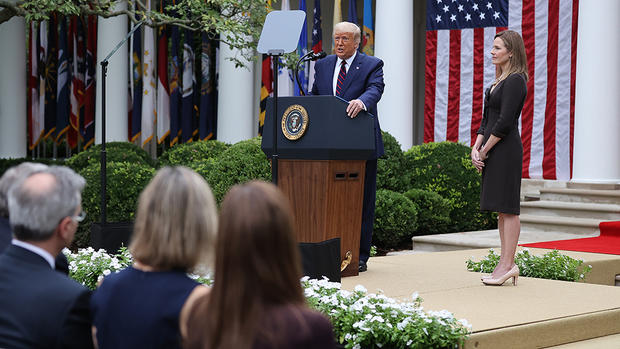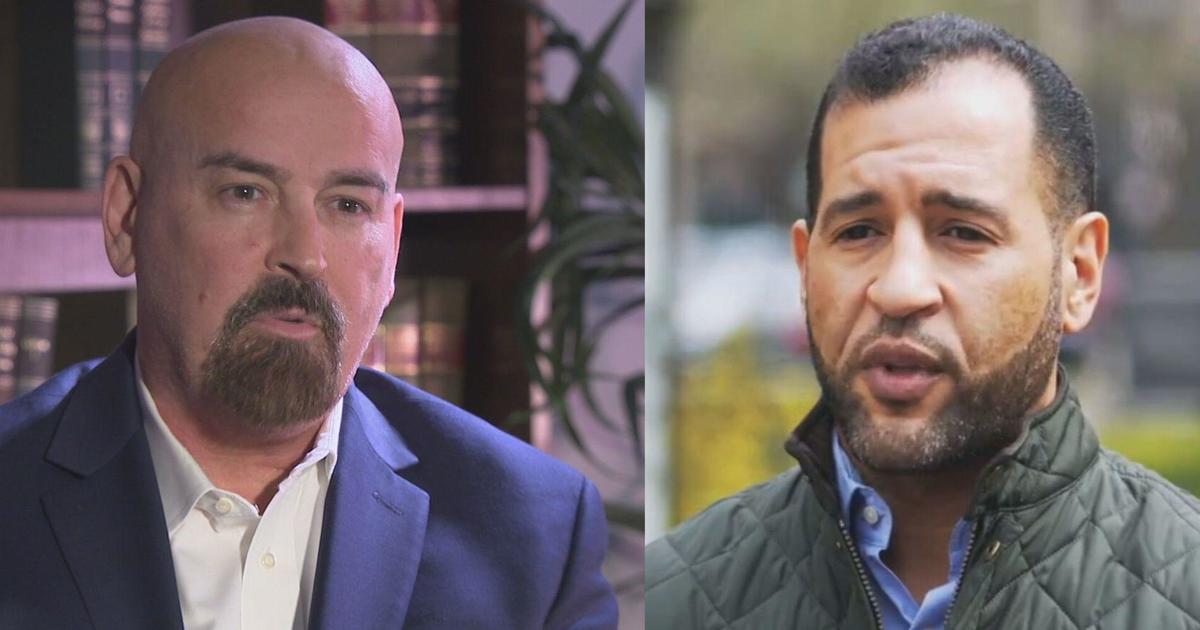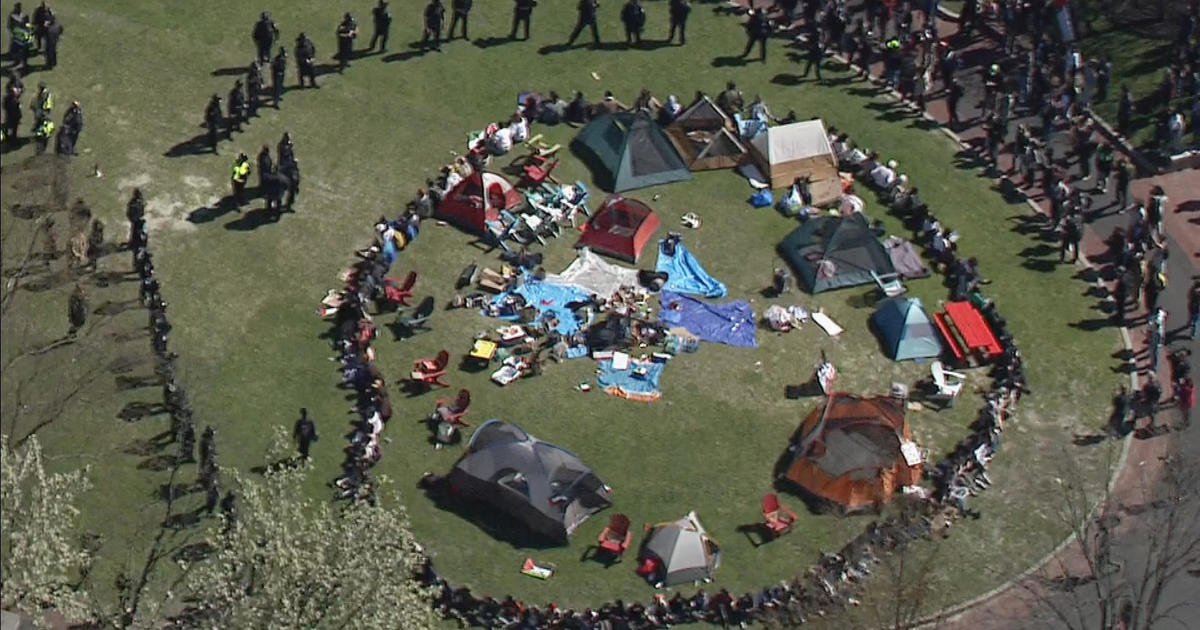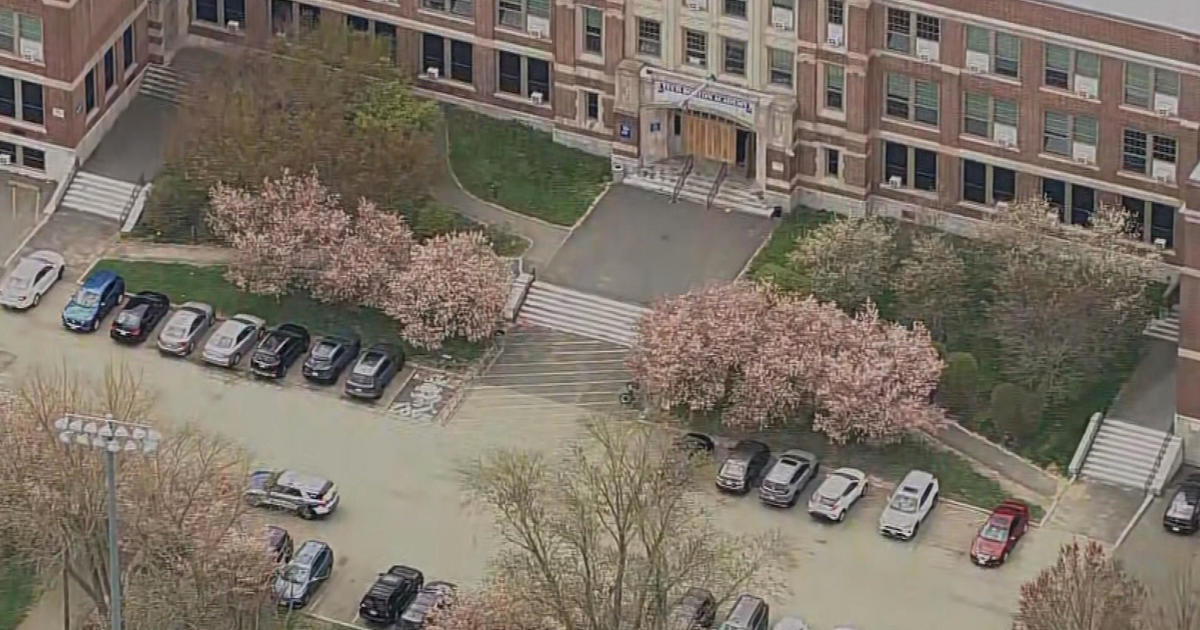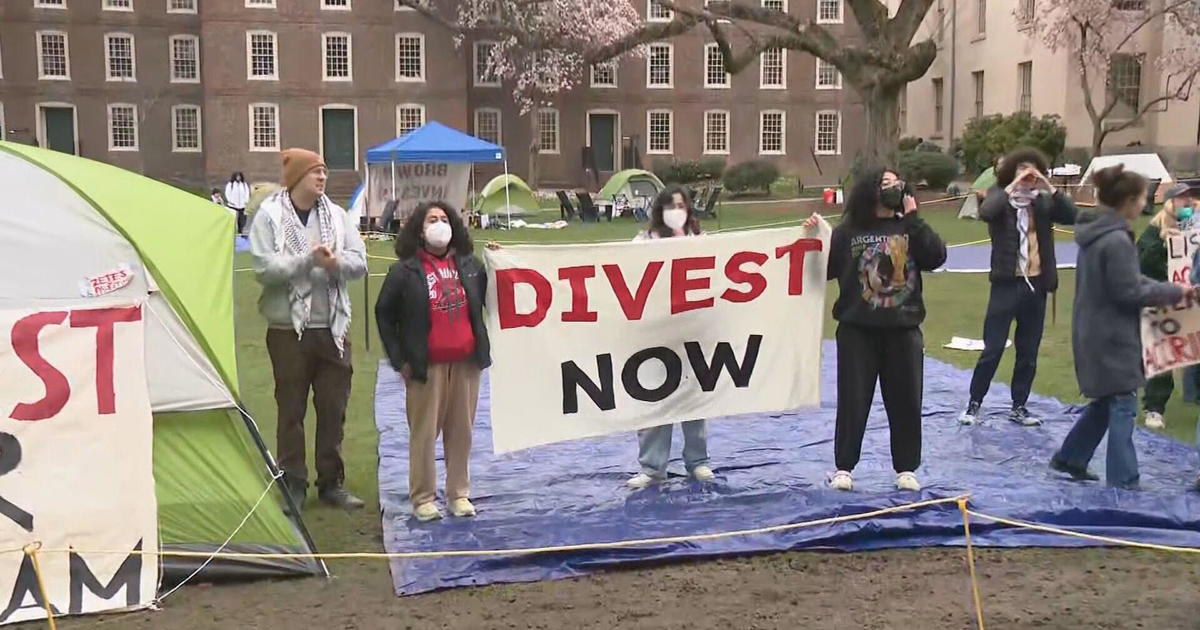Contact Tracing Critical To Help Contain Coronavirus Within President Trump's Circle
BOSTON (CBS) - President Trump attended a rally in Minnesota hours before his COVID-19 diagnosis. The campaign event capped a busy week for Mr. Trump. And that leaves contact tracers with a lot of homework.
Dr. John Welch, director of operations for Partners in Health's COVID-19 response in Massachusetts, says the next 48 hours are critical for tracers tasked with helping stem the spread.
"You start contact tracing with anybody at the same place. And that is talking to the person who's tested positive for covid and first and foremost making sure they're OK," said Dr. Welch. "You want to find out where they've been. It's important to understand where they were. The timeline is that 48-hour period prior to experiencing symptoms."
Welch says tracers should work to identify the groups of people Mr. Trump has met with, specifically close contacts. The CDC defines a close contact as someone "who was within 6 feet of an infected person for at least 15 minutes starting from two days before illness onset."
So far, at least nine people linked to the President, including the First Lady, two GOP senators and three journalists, have tested positive for the virus.
Here's a brief timeline of some of the president's public events in the last week:
Last Saturday, Mr. Trump hosted a crowded Rose Garden ceremony to nominate Judge Amy Coney Barrett to the Supreme Court. U.S. Senator Mike Lee, a Utah Republican and member of the Judiciary Committee, who was seen on video unmasked, hugging people and shaking hands, announced on Friday that he tested positive for the virus.
On Tuesday, the president traveled to Ohio for the first presidential debate, alongside him for the trip was senior adviser Hope Hicks.
Wednesday night, the president hosted a campaign rally in Minnesota.
By Thursday, it was revealed that Hicks had tested positive. Hours later, Trump would attend a private fundraiser in New Jersey.
Shortly after midnight Friday, the president tweeted out his diagnosis.
Dr. Welch said moving forward, an effective containment strategy is key.
"We don't really think too much about the most infectious period. What we're interested in is the entire incubation period," said Welch. "This is why when someone is identified as a close contact we ask them to quarantine for 14 days."
